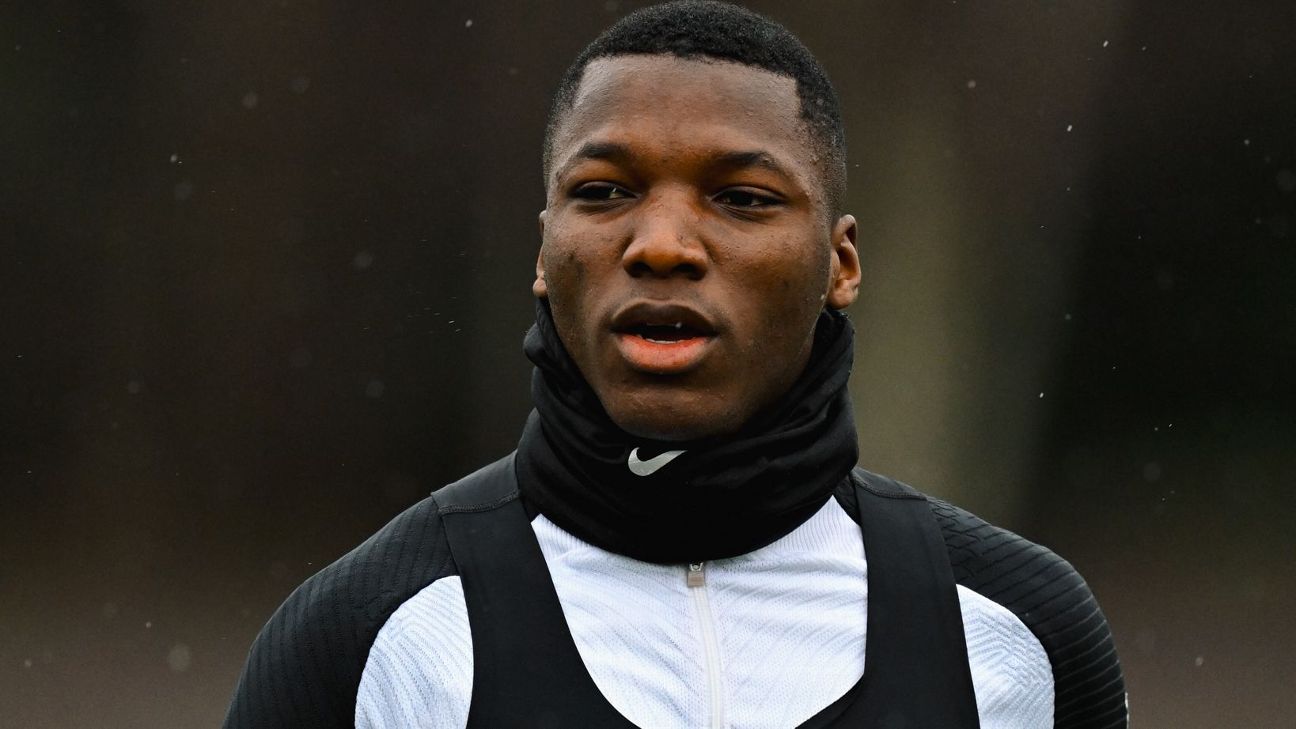◀ Anchor ▶
There are now two and a half months left until the 22nd general election, and the election system has not yet been finalized.
In particular, the method of selecting proportional representatives for the 47 seats is problematic.
The People Power Party wants to return to the past method that favors large political parties, but the Democratic Party, which has divided opinions within the party, has been unable to reach a conclusion and has been criticized for delaying the confirmation of the electoral system.
Reporter Kim Min-hyung reports.
◀ Report ▶
The People Power Party has confirmed its position early on to return to the “parallel” proportional representation election method used before the 21st National Assembly and is putting pressure on the Democratic Party.
[윤재옥 / 국민의힘 원내대표 (지난 16일)]
″I propose to declare a return to the parallel proportional representation system and confidently compete in the general election.″
Proportional representation accounts for 47 of the 300 seats in the National Assembly.
If party A receives 10% of the votes, it secures 5 seats, which is 10% of the total 47 proportional seats, by having the party vote separately from the district.
However, there has been constant criticism that the two large parties that almost monopolize the constituency secured more seats than the proportional vote, making it difficult for minority parties to enter the National Assembly.
Therefore, the ‘quasi-linked’ method was introduced in the 21st current National Assembly.
The political party that secured the majority of seats in the constituency was effectively prevented from taking proportional seats.
Then, in the last general election, the two major political parties swept the proportional seats by introducing ‘satellite parties’ amid criticism that they were a trick.
The two parties’ satellite parties, the Future Korea Party and the Citizens’ Party, took 36 of the 47 proportional representation seats.
In the last presidential election, the Democratic Party emphasized its intention to eliminate satellite parties and guarantee minority parties’ entry into the National Assembly.
However, in order to keep this pledge ahead of the election, if the People Power Party creates a satellite party, it will lose proportional seats, but if it goes back to the past like the People Power Party position, it will face criticism for breaking the pledge.
Public opinion among some in the party that promises must be kept is also a burden.
The emerging alternative is the so-called ‘regional parallel model’ proposal, which divides the country into three and elects proportional representatives.
[임혁백 / 더불어민주당 공천관리위원장 (지난 21일)]
″If the southern, central, and metropolitan areas are grouped by region, isn’t the core regional conflict in our country the conflict in the Yeongnam and Honam regions? It has the advantage of alleviating conflict in the Yeongnam and Honam regions.”
The Democratic Party expects that the People Power Party, which is aware of the activities of the so-called third zone parties, will also participate in the discussion.
However, it was met with immediate opposition from some minor political parties.
″The Democratic Party must stop attempting parallel reform by region! (Stop it!)″
The Justice Party’s position is that it is better to maintain at least a semi-linked system.
[김준우 / 정의당 비상대책위원장]
″It should be shameful to play politics by saying you want to win 5 or 10 more seats by returning to a parallel system, a parallel system in each region, or re-establishing a satellite party.″
The Democratic Party, which was unable to decide on its party line at today’s general meeting, plans to reach a conclusion no later than the Lunar New Year holiday.
This is Minhyung Kim from MBC News.
Video coverage: Seo Hyeon-kwon/Video editing: Ryu Daye
2024-01-25 11:24:03
#People #Power #Party #Democratic #Party #suffering #return #parallel #model


